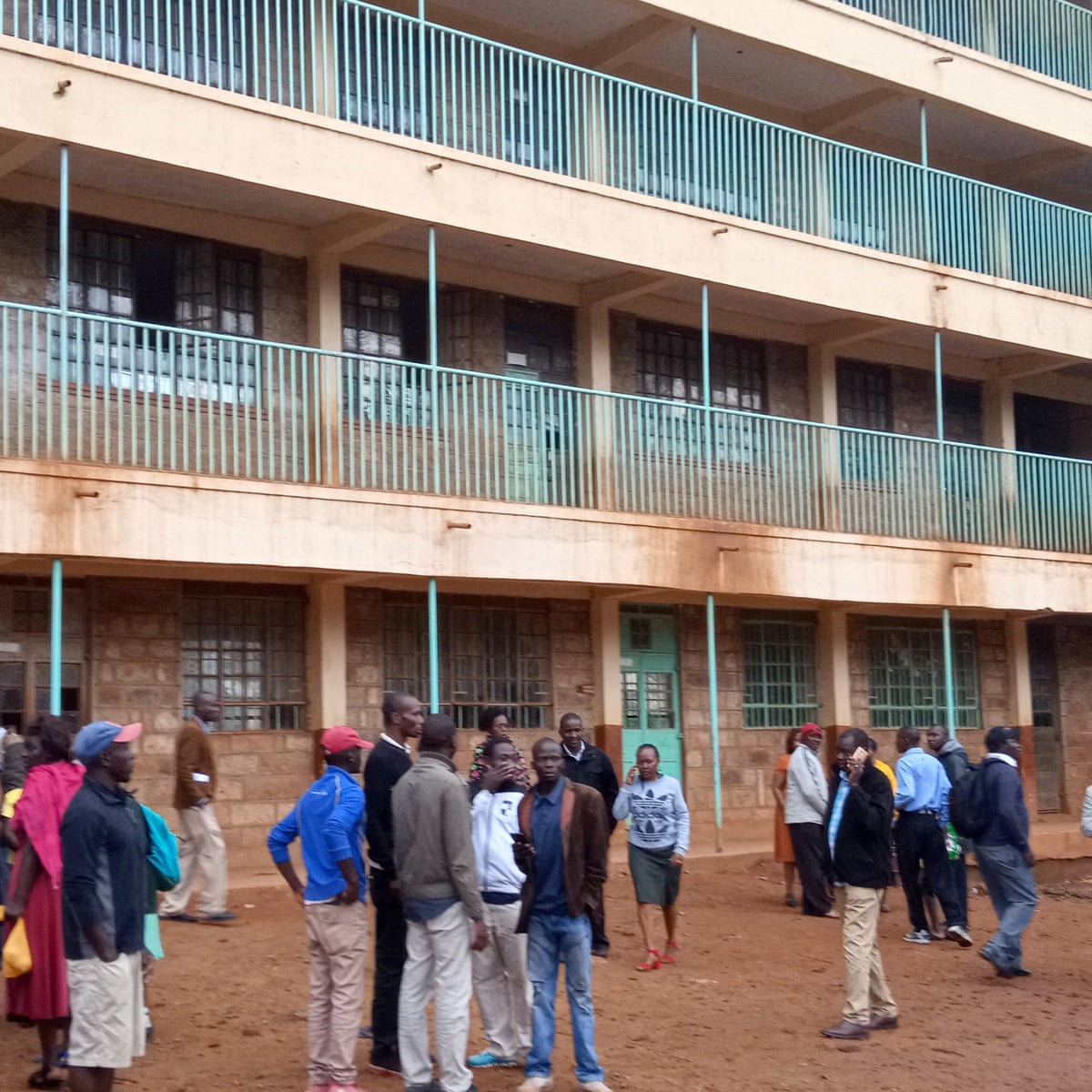Following two fatal school tragedies that caught national headlines early this year and late last year, the government has moved to incorporate personal safety and psychosocial skills training in the curricula for basic and tertiary institutions.
This follows the signing into law of the Kenya Institute of Curriculum Development (Amendment) Bill, 2019 sponsored by Turkana Woman Representative Joyce Emanikor assented to by President Uhuru Kenyatta on Thursday last week.
The overall objective of the Act is to enhance the country’s disaster preparedness and reduce disaster risks especially in learning institutions.
The law requires that the curriculum provides learners with education on safety, particularly on how to sense danger and take appropriate measures to stay safe as well as evacuation procedures and first aid basics.
KICD Acting CEO, Dr Joel Mabonga said the law is timely as it creates an opportunity for those charged with improving the curriculum delivery methods, to ensure it responds to emerging realities of life.
“We shall implement the law, as passed by parliament and sanctioned by the president in line with the Competency Based Curriculum (CBC),” Dr Mabonga said at KICD.
The country has faced various forms of disasters which include floods, fires, droughts and terrorism threats that have not spared even schools.
Some of them could have been averted if the right values and preventive measures were integrated in the learning process, early enough.
“Safety measures and disaster preparedness in schools and other learning institutions cannot be wished away if we have to minimize the threat of damage to property and loss of life,” Dr Mabonga said.
In the event of a disaster, safety of children, teachers and staff members would be guaranteed if learners and teachers are well versed with the basic disaster response measures.
He observed that responding to learners with psychological or emotional problems as quickly as possible, prevents the situation from getting worse.
“The curriculum must be able to produce a holistic learner, not one who considers success to be only about being a star academically. Values are important. High scores in national examinations or being able to do things right is not enough if one doesn’t have the right attitude,” Dr. Mabonga said.
The law, he noted resonates well the CBC, which advocates for incorporation of Pertinent and Contemporary Issues (PCIs) into teaching and learning, to ensure education is relevant to the needs of society.
“It is important that these challenges are addressed. Life skills and citizenship occupy a central position in the new curriculum as we strive to churn out reliable citizens,” Dr Mabonga said.
Dr Mabonga clarified that the architects of the curriculum always prioritize the interests of the learner at every level of education.
Children just like adults, he observed, face challenges owing to the legal, technological, social, cultural and economic dynamics in society.
Safety
In February, eighteen Kakamega Primary School pupils died in a stampede that occurred at around 5:00 pm when the pupils were heading home from school.
After the stampede a national discussion ensued on the safety of Kenyan scholars in learning environments and calls for revision of policy became louder.
The Kakamega School tragedy followed another tragedy at Precious Talent Top School in Kibera, Nairobi where classroom structures collapsed killing seven pupils and injuring dozens.
Terrorism has also affected learning institutions, most memorably during the Garissa University College Attack that claimed the lives of 148 Kenyans while at least 78 others were injured.












Leave a comment